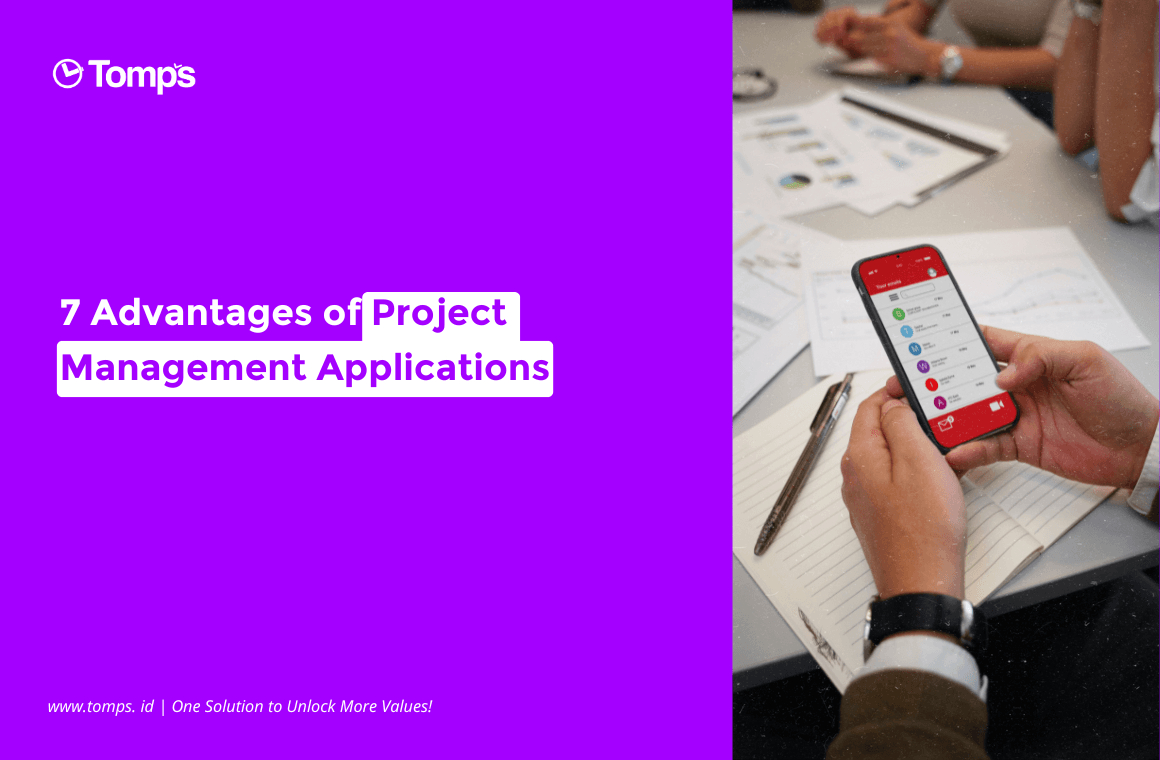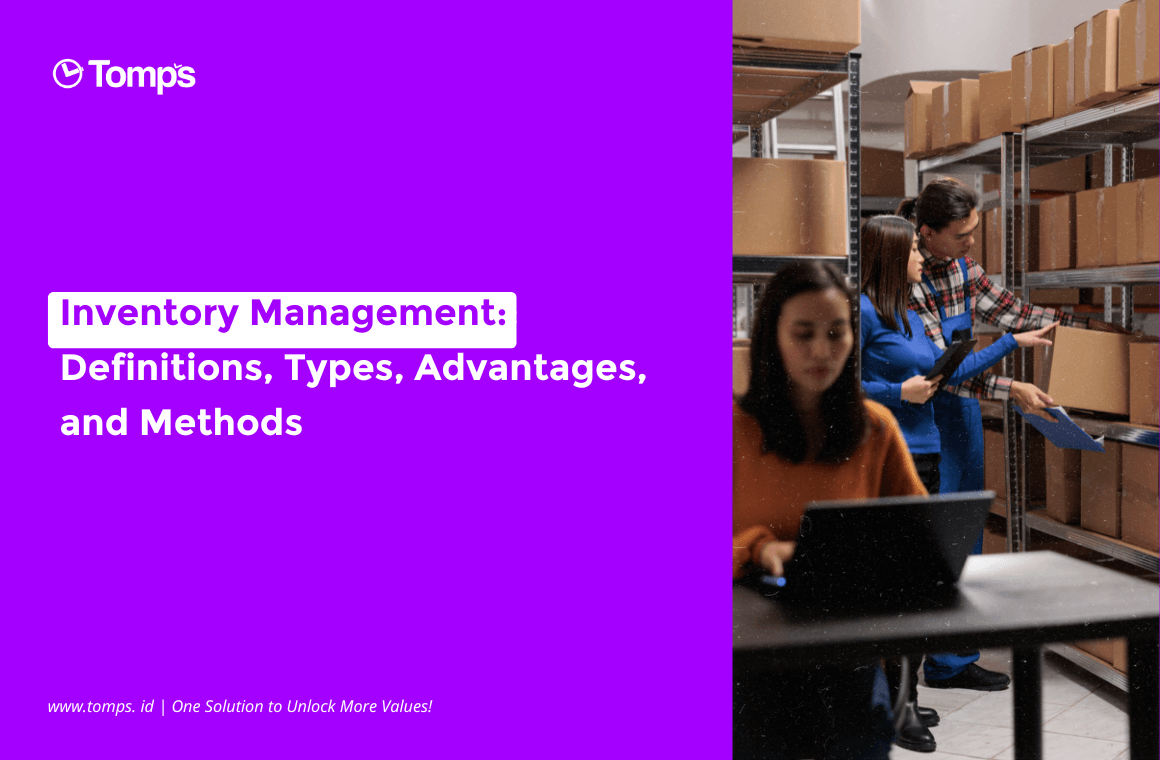As important as hard skills, some of the soft skills below are also important for a project manager to have. If hard skills are related to knowledge and technical matters, then project manager soft skills are related to personality, personal attributes, and communication skills. Such as adaptability, decision making, leadership, to risk management.
Project manager is the spearhead of the success of a project. Therefore, project managers must equip themselves both with hard skills and soft skills that support their work. Imagine if they are not mastered project manager soft skills like making decisions, communicating effectively, and control the emergence of crises in the project. Of course, it will endanger the stability and reduce the chances of success of their project, right?
So, here are 9 project manager soft skills that are important to good at!
1. Leadership
Leadership is a management activity that functions to direct, influence, supervise, and motivate others to complete planned tasks. This soft skill is useful for project managers when they are required to provide a big picture of the vision and mission of a project that the team must achieve in the future.
But remember, this leadership trait does not mean that you exert tight control over the team’s micro-control. The application of good leadership values is wisely realizing that your team is people with certain specialties who are able to complete the work unit assigned to them. A good project manager will delegate, listen, support, set goals, and empower team members to take ownership of their own decisions.
2. Motivation
A good project manager is someone who is able to lead calmly under pressure, is always positive, energetic, and always ensures that his team spirit remains high. Did you know, learning to know what motivates each team member and helps them get to those things will keep the team excited about completing their work, even improving quality. Directly, project managers who are able to build high motivation in the team also have an effect on a happier, healthier, and more productive work atmosphere.
3. Risk Management
In connection with the hypothesis, it feels like making this one project manager skill quite interesting. If you think about it this way: you are running something that seems stable and secure, but spent a lot of time and budget in the early pre-execution stages weighing the potential risks, does that sound pointless? Certainly not!
Making a thorough mapping and the solutions offered for all the potential risks of a project is a must for you as a project manager to calculate. This is useful for convincing the team and stakeholders that you are ready to face any risks that may arise during the project.
Remember, “By failing to prepare, you are preparing to fail.”
4. Adaptation
“And the most successful people are those who accept and adapt to constant change. This adaptability requires a degree of flexibility and humility most people can’t manage. ” Paul Lutus
Project management is a world that moves very fast, sometimes even moving towards changes that are far from your previous planning. These changes are what encourage a project manager to be able to adapt well.
5. Communication
Good communication is also a soft skill that must be mastered by a project manager. This is because project managers spend about 90% of their time working on communication. Starting from project monitoring in the field, meetings and brainstorming with the team, negotiating, to making reports for stakeholders. All of that, of course, requires good and effective communication skills, right?
6. Be Organized
If you imagine the work of a project manager, of course it will not be separated from the word “multi-tasking”, right?
This is because there will be many work units and aspects in a project that the project manager must monitor its stability and development. Even though they have to do multi-tasking, the project manager must stay focused on organizing their work well.
However, wouldn’t that be quite difficult to do? To answer this question, let’s get to know what a project management application is here!
7. Decision Making
“Decision is a sharp knife that cuts clean and straight: indecision, a dull one that hacks and tears and leaves ragged edges behind it. ” – Gordon Graham
The next soft skill a project manager has to good at is making decisions. Decision making is about how the project manager handles problems that occur during the project. In making a decision, there are 6 stages that a project manager must go through:
- Mapping the main problem in detail and clearly.
- Explore the various best solutions to the problems that arise.
- Determine criteria for problem evaluation, explore the pros and cons of each offered solution, then select the best solution.
- Map out which parties have a major influence in implementing this solution for problems that occur in the project.
- After implementing solutions and analyzing and evaluating the problems that arise, make notes for future consideration.
- Evaluate the extent to which the project objectives were achieved with this solution.
8. Negotiation
In eighth place are soft negotiation skills that a project manager must master. When negotiating, there may be deals that don’t always please both you and your opponent. However, it is still necessary to continue to be able to listen, state, and explain problems that arise properly during the negotiation meeting. Remember, it’s important to be impartial when negotiating and be fair to achieve win-win solutions.
9. Build Team Trust
Finally, the project manager is also important to good at build team trust. A leader can gain trust by sharing information with the team, being transparent about the decisions to be made, involving the team in the decision-making process, and being genuinely excited about the growth of team members by helping them achieve their goals.
It is also important for a project manager as a leader to be able to express his wishes without being complicated but still willing to accept suggestions from his team. Listening to their concerns, empathize with them, and making genuine efforts to solve the problems they have on the project will also give your team confidence. Imagine a pleasant working relationship after building your team’s trust!







